When Nasser commissioned the construction of the Aswan High Dam—a project pivotal to his legacy of modernising Egypt—most of the migrant builders who came from Upper Egypt were farmers who were unfamiliar with industrial machinery and faced hazardous work conditions. This week’s Translation Tuesday features a set of epistolary poems that relate the story of this historic project through the correspondences of a migrant worker Hiragy and his wife Fatma. These poems, drawn from the start of Abdel Rahman El-Abnudi’s The Letters of Hiragy al-Qot, were written when the poet lived amongst the labourers in Aswan who came from his village of Abnoud. One of the Arab world’s most respected vernacular writers—a true poet of the people—El-Abnudi’s works are social documents that chronicle the history of Egypt. In Mariam Moustafa’s translation, the emerging language of technological modernity is conjured with sensitivity, and the various registers of labour and longing are given emotional resonance. We are thrilled also to feature an audio clip of El-Abnudi himself reading the first two letters in Arabic—for our readers to appreciate why he too is known as “the sound of Egypt.”
“Abdel Rahman El-Abnudi always emphasized that his poems were meant to be listened to, not just read, and recorded most of his poems. I grew up listening to El-Abnudi reciting The Letters of Hiragy al-Qot, and was unsure how to convey the profound emotions that I hear in his voice to an English-speaking audience. A translator can communicate the meaning of sentences, expressions, and even untranslatable words to their target audience, but how can the emotions heard through the heart and soul be translated? In translating and revising this piece, I wanted English readers to feel and hear his voice, and asked constantly: “If El-Abnudi wrote these poems in English, what would they sound like?” This translation is my way of expressing gratitude to the poet, whose voice attracted me as a kid, enlightened me as a teenager, and kept me connected to my roots as a young woman.”
— Mariam Moustafa
Letter 1
The addressee, the most precious diamond,
The marvelous pearl,
My wife, Fatma Ahmed Abdel Ghafar.
The address, our village of Gabalyat El Far.
This is my first letter to you, my love,
Sent from Aswan where I now work.
If I’d surrendered to the shame of being late,
I wouldn’t have written this letter.
Forgive me, Fatma, for the long wait.
I am sorry, I am ashamed, I am abashed.
It has been two months since you shed your tears.
I still remember how they burned my calming hand.
I promised you then, “Before my train reaches Aswan,
My letter will be in your hands.”
You didn’t believe me, you said:
“You’re such a liar. I know you’ll forget.”
I wish that moment could have lasted longer,
But my friends pulled me inside the train.
Their pull troubled my heart.
A fire raged in my soul as I left you, and our kids, Aziza and Eid.
The train began to move,
My heart plummeted.
I ran to the window and screamed,
“Fatma, take care of Aziza and Eid.”
The train screamed too,
Screeching off as if escaping a fire.
I heard your voice next to me, far away.
“My heart and soul follow you to Aswan, habiby.”
I threw myself inside the train, into the crowd,
And I cried aloud.
Our large village, where we could walk around for a whole day,
Was gone in the blink of an eye.
Forgive me, my love, for being late.
If this letter were a boat,
I would sail down the Nile to reach you.
Finally,
I send to you, to my village, and to my children,
A thousand greetings and salams.
Your husband,
Hiragy.
READ MORE…


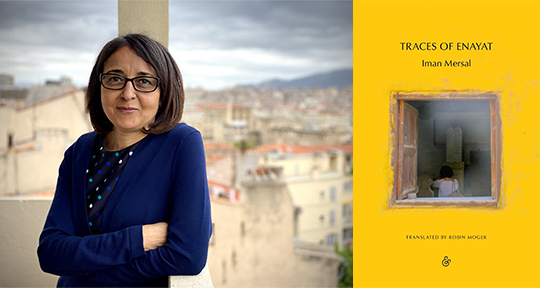
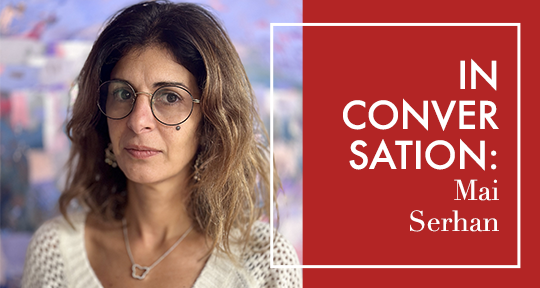
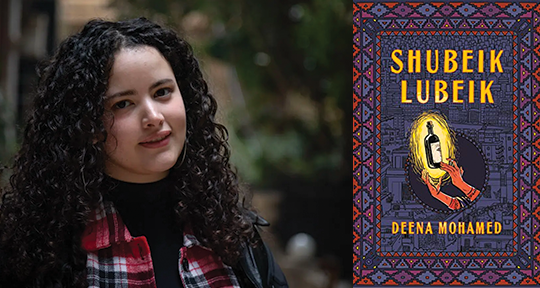
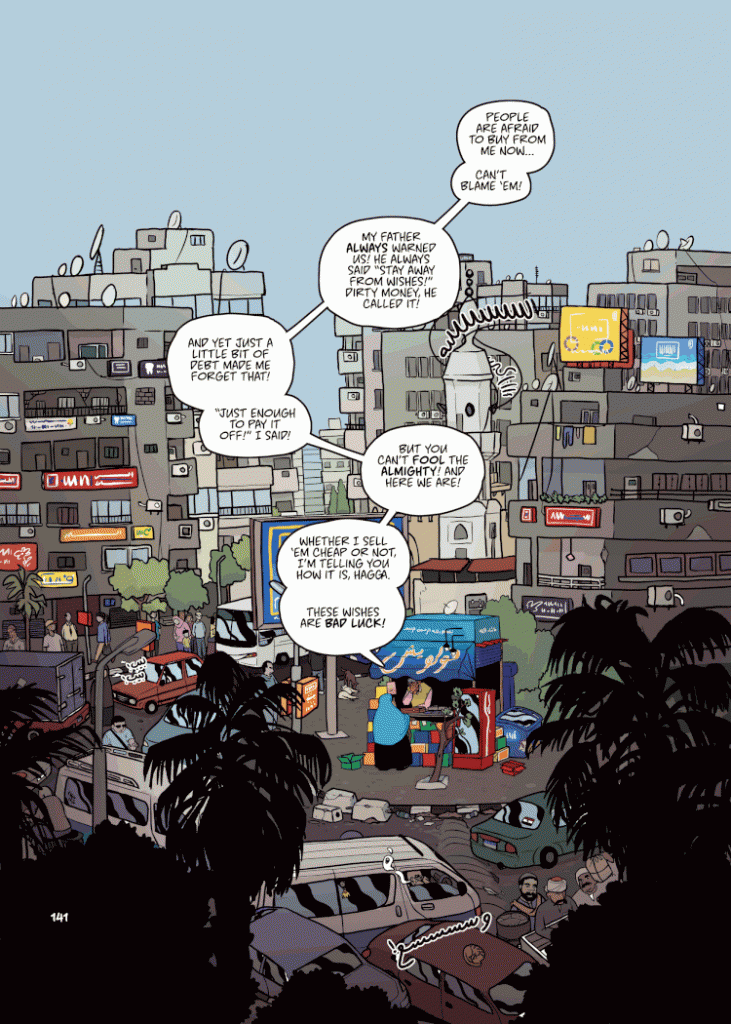
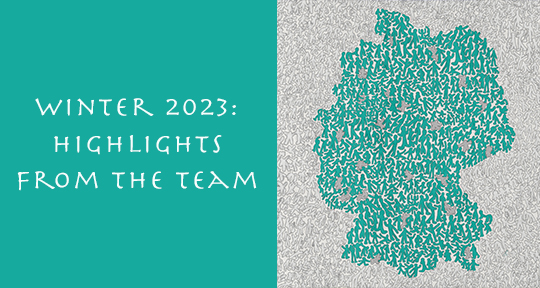

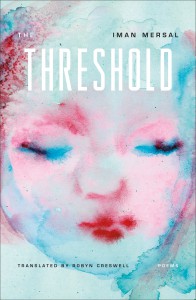
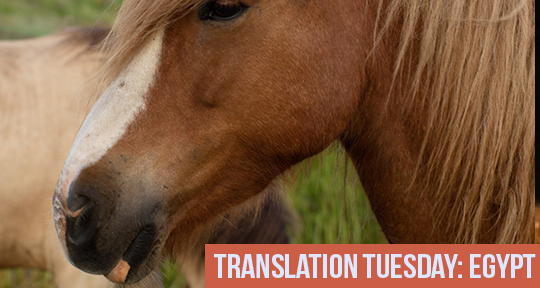
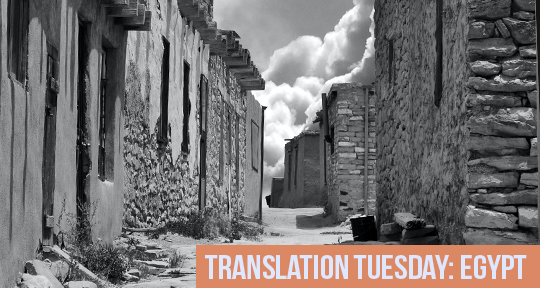


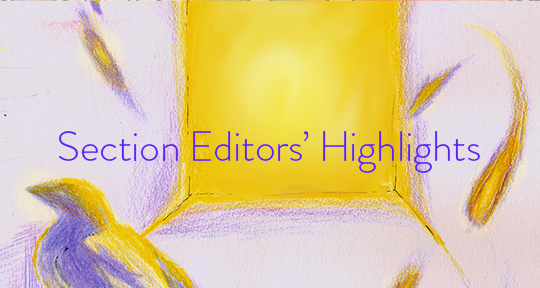

Radical Reading: Sara Salem Interviewed by MK Harb
I’ve increasingly thought more about what generous, kind, and vulnerable reading might look like instead.
At the height of the pandemic, I—like so many of us—looked for new sources of intrigue and intellectual pleasure. This manifested in finding Sara Salem’s research and reading practice, Radical Reading, which was a discovery of sheer joy; Salem views books and authors as companions, each with their own offerings of certain wisdom or radical thought. When she shares these authors, she carries a genuine enthusiasm that they might come with some revelation.
I interviewed Salem as she sat in her cozy apartment in London wrapping up a semester of teaching at the London School of Economics. We discussed our lockdown anxieties and our experiences with gloomy weather until we arrived at the perennial topic: the art of reading. The interview continued through a series of emails and transformed into a beautiful constellation of authors, novelists, and activists. In what follows, Salem walks us through the many acts of reading—from discussing Angela Davis in Egypt to radicalizing publications in her own work, in addition to recommending her own selections of radical literature from the Arab world.
MK Harb (MKH): Reading is political, pleasurable, and daring. Inevitably, reading is engaged in meaning-making. How did you arrive at Radical Reading as a practice?
Sara Salem (SS): Some of my most vivid childhood memories are of spending long afternoons at home reading novels, and when I think back to those novels, I find it striking that so many of them were English literature classics. I especially remember spending so much time reading about the English countryside—to the extent that today, when I am there, or passing it on a train, I get the uncanny feeling that it’s a place I know intimately. Later, when I read Edward Said’s writing on Jane Austen and English literature more broadly—its elision, erasure, and at times open support of empire—it struck me that we can often read in ways that are completely disconnected from the lives we live. This tension was what first opened up entire new areas of reading that completely changed my life, among which was the history of empire across Africa; at the time I was living in Zambia, where I grew up, and often visited Egypt. Critical history books were probably my first introduction to what you call the practice of radical reading, of unsettling everything you know and have been taught in ways that begin to build an entirely different world.
I like that you say reading is engaged in meaning-making, because it has always been the primary way in which I try to make sense of something. Even more recently, as I’ve struggled with anxiety, reading above all became my way of grappling with what I was experiencing: what was the history of anxiety, how have different people understood it, and how have people lived with it? I realise, of course, that not everything can be learned from a book, but so far, I’ve found that what reading does provide is a window into the lives of people who might be experiencing something you are, making you feel less alone.
MKH: How do you reconcile reading for pleasure versus reading for academic and political insights? Do they intersect? Being idle has its own spatial practice of radicality at times, and I’m curious on how you navigate those constellations.
SS: This question really made me think! In my own life, I have always made the distinction of fiction as pleasure and non-fiction as academic/work-related. So, if I need to relax, or want to take some time off, I will instinctively reach for fiction, and if I want to start a new project, I think of which academic texts would be helpful. However, this began to change about five or six years ago, when I began to think more carefully about how fiction speaks to academic writing and research, as well as how non-fiction—unrelated to my own work—can be a great source of pleasure and relaxation. This has meant that they have begun to intersect much more, and it has enriched both my academic work and my leisure time. READ MORE…
Contributor:- MK Harb
; Language: - Arabic
; Places: - Egypt
, - Zambia
; Writers: - Ahdaf Soueif
, - Arwa Salih
, - Huda Tayob
, - Mahmoud Darwish
, - Sonallah Ibrahim
, - Thandi Loewenson
, - Waguih Ghali
; Tags: - intersectional feminism
, - migration
, - Race
, - radicalism
, - Reading
, - sexuality
, - social commentary